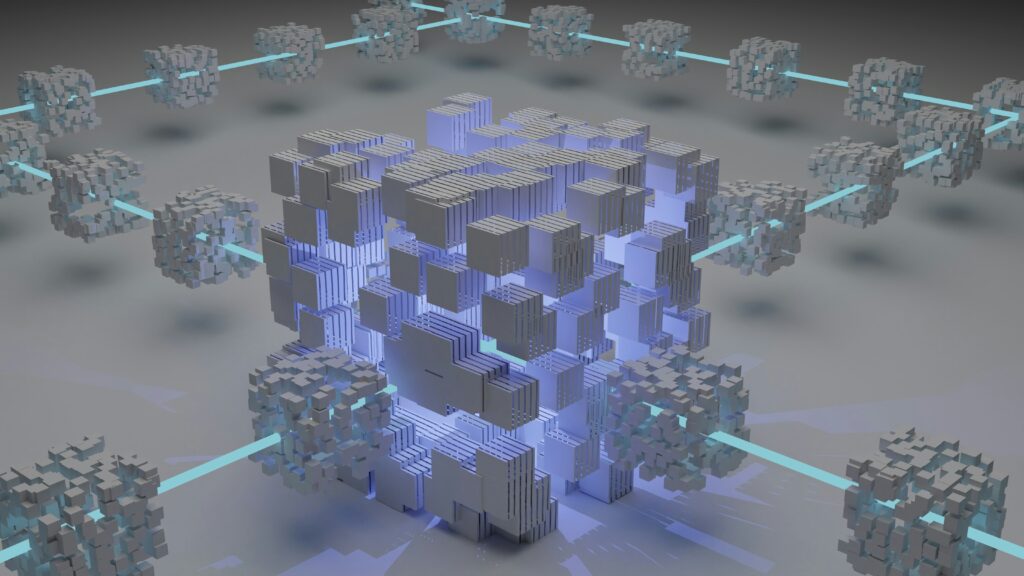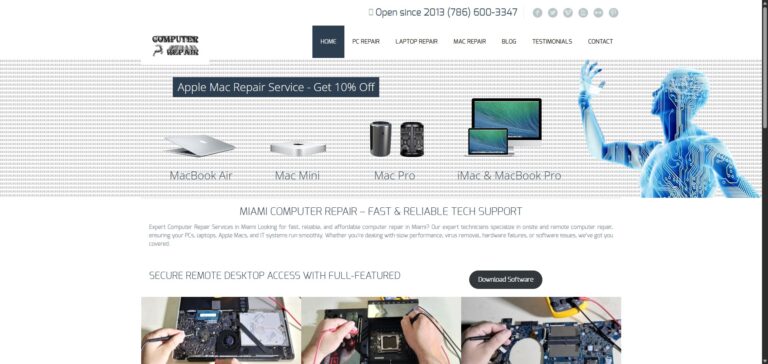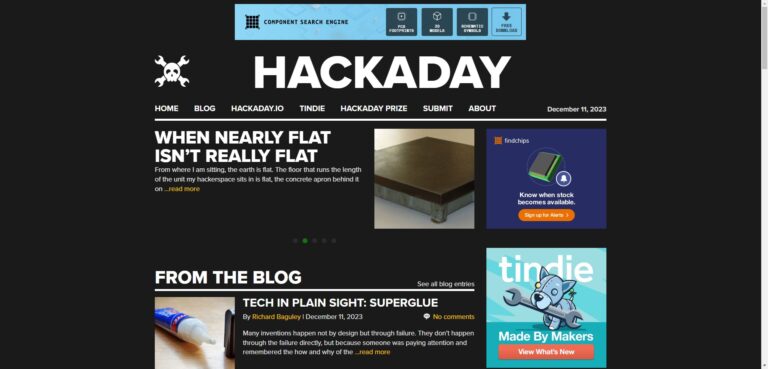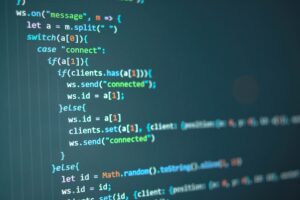Understanding Oracles in Blockchain: Bridging the Gap Between Smart Contracts and the Real World
Blockchain technology has transformed the way we perceive and conduct transactions, introducing decentralized and secure systems that eliminate the need for intermediaries. Smart contracts, a key component of blockchain platforms, enable automated and trustless execution of agreements. However, there’s a crucial challenge these contracts face—accessing real-world data. This is where oracles come into play.

What Are Oracles?
In the context of blockchain, an oracle acts as a bridge between smart contracts and the external world by providing reliable and verifiable information. Smart contracts operate within the blockchain’s isolated environment, unable to access data beyond their decentralized ledger. Oracles serve as messengers that fetch real-world data and deliver it to the smart contracts, enabling them to make informed decisions and execute actions based on external events.
Types of Oracles
There are different types of oracles catering to various needs within the blockchain ecosystem:
- Software Oracles: These oracles rely on data from APIs (Application Programming Interfaces) to fetch information from the internet. They interact with external systems and relay the data to smart contracts. For example, a software oracle could provide the current weather, stock prices, or sports scores.
- Hardware Oracles: Hardware oracles deal with data from the physical world. They interface with sensors, IoT (Internet of Things) devices, and other hardware components to bring real-time information onto the blockchain. This can include data related to temperature, humidity, or any other measurable physical parameter.
- Consensus Oracles: To ensure the reliability of data, consensus oracles aggregate information from multiple sources and provide a consolidated data feed to the smart contracts. This approach minimizes the impact of potentially faulty or manipulated data from a single source.
- Inbound Oracles: Inbound oracles focus on bringing external data into the blockchain. They play a crucial role in decentralized finance (DeFi) applications, where real-time price feeds, market data, and other external information are vital for decision-making.
- Outbound Oracles: Conversely, outbound oracles enable smart contracts to trigger actions in external systems. For instance, a smart contract in a supply chain management application might use an outbound oracle to initiate the release of goods when certain conditions are met.
Use Cases of Oracles
Oracles have found diverse applications in the blockchain space, enhancing the capabilities of smart contracts across various industries:
- Decentralized Finance (DeFi): Oracles are fundamental in DeFi platforms for providing real-time price feeds, market data, and other critical information necessary for executing financial transactions and managing decentralized assets.
- Supply Chain Management: In supply chain applications, oracles help smart contracts verify and track the movement of goods by integrating real-time data from sensors and tracking devices.
- Insurance: Smart contracts in insurance applications can utilize oracles to access external data, such as weather conditions or flight delays, to automatically trigger insurance payouts when predefined conditions are met.
- Gaming and Betting: Oracles play a pivotal role in decentralized gaming and betting platforms by providing reliable information on game outcomes, scores, and other relevant data.
Challenges and Considerations
While oracles enhance the functionality of smart contracts, they introduce challenges and considerations, including:
- Security Risks: As oracles act as intermediaries between the blockchain and external data sources, they become potential points of vulnerability. Malicious or compromised oracles can feed incorrect data to smart contracts, leading to undesired outcomes.
- Data Accuracy: The accuracy and reliability of the data provided by oracles are crucial. Inaccurate information can have significant consequences, especially in applications where financial transactions or critical decisions are based on external data.
- Centralization Concerns: Some oracles may rely on centralized data sources, contradicting the decentralized nature of blockchain technology. Efforts are underway to develop decentralized oracle networks to address this concern.
Conclusion
Oracles serve as indispensable components in the blockchain ecosystem, enabling smart contracts to interact with the real world and expand their utility. As blockchain technology continues to evolve, addressing the challenges associated with oracles becomes essential to ensure the security, reliability, and decentralization of smart contract applications. The ongoing development of decentralized oracle networks and innovative approaches to data verification will play a crucial role in shaping the future of blockchain-powered applications.
Listings related to article "Understanding Oracles in Blockchain: Bridging the Gap Between Smart Contracts and the Real World"
Top-Rated Computer and Mac Repair Services in Miami
Looking for reliable computer and Mac repair services in Miami? Our experienced technicians offer quick, professional solutions for all kinds of devices—including laptops, desktops, iMacs, MacBooks, and more. Whether you’re facing hardware failures, software glitches, system crashes, or need an upgrade, we’re here to help.
- Category
- Computers » Hardware » Support and Services
UPI Chalega
UPI, or Unified Payments Interface, serves as a digital payment solution enabling the effortless transfer of funds between bank accounts via mobile phones.
- Category
- Business » Financial Services » Banking Services
Hackaday
A community-driven platform showcasing creative and often unconventional projects related to electronics, hardware hacking, and DIY technology.
- Category
- Computers » Hardware » Do-It-Yourself
More articles like "Understanding Oracles in Blockchain: Bridging the Gap Between Smart Contracts and the Real World"
The Intersection of Gaming and Blockchain Technology
Blockchain technology, initially popularized by cryptocurrencies like Bitcoin, has found applications across various industries, and gaming is no exception. The integration of blockchain in gaming promises to revolutionize the industry by introducing new paradigms of ownership, transparency, and decentralized economies. This article explores how games are leveraging blockchain technology to enhance player experiences and create […]
Unlocking the Power of WebAssembly: A Game-Changer for Web Development
In the ever-evolving landscape of web development, a groundbreaking technology has emerged, poised to revolutionize the way we build and experience web applications. Enter WebAssembly, often abbreviated as Wasm, a game-changer that promises faster performance, broader language support, and enhanced security for web applications. But what exactly is WebAssembly, and how can it be harnessed […]
Understanding Web Sockets: Real-Time Communication on the Web
In the dynamic landscape of web development, the need for real-time communication between clients and servers has become increasingly crucial. Traditional HTTP communication has its limitations when it comes to delivering instantaneous updates and maintaining constant connections. This is where Web Sockets come into play, offering a more efficient and responsive solution for real-time data […]






